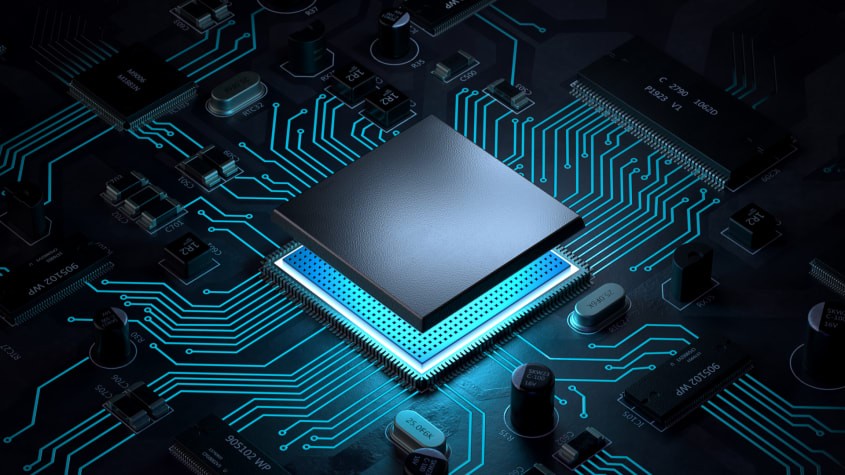Heard about embedded software but not sure what the fuss is all about? You might be wondering if it’s something your business really needs or if it’s just another expense. That’s a fair concern. In this blog post, we will take a closer look at what it is and how it can benefit certain businesses.
What is Embedded Software Exactly?
To understand what embedded software is, you can think of it as the brain inside your electronic devices. It is different from the apps which you can download or delete. Instead, it’s built into the device to control everything it does, from the screen you touch to the commands it follows
But what does this mean for businesses? Well, it makes devices smarter, helps them run better, and can save a lot of time and money in the long run. That’s why businesses turn to embedded software development services — they want devices that are efficient and reliable.
Let’s see how this works in practice. For example, let’s take a coffee machine with embedded software. It’s programmed to know exactly how to make your coffee just the way you like it, every single time. No guesswork, no mistakes. That’s the power of this tech. It’s designed for specific tasks and sticks to them.
5 Businesses That Can Benefit From Embedded Software
Of course, not every single business needs embedded systems. Let’s review the industries where they are most sought-after.
Manufacturing
When we speak about making things, embedded systems shine as they make sure everything works fast and makes fewer mistakes. They can tell if a machine is about to break down, so you can fix it before it causes big problems. For manufacturers, this means less waste, fewer delays, and more money saved.
As an example, think about a factory that makes toys. An embedded system in the assembly line can speed up the process. It’ll make sure each toy is put together perfectly. It can also track how many toys are made each hour and help to reduce overtime costs.
More examples of this tech’s use in manufacturing include:
- Quality Control Sensors
For instance, in an automotive assembly line, sensors can identify issues with paint application or alignment of parts.
- Robotics Automation
In electronics manufacturing, robots can assemble tiny, complex components quickly and accurately.
- Energy Management
For example, it can reduce energy usage during downtimes or scale up during peak production hours.
- Supply Chain Logistics
In food manufacturing, such systems ensure optimal storage conditions for perishables, track expiration dates, and automate reordering.
- Safety Monitoring
In chemical manufacturing, sensors can detect hazardous gas levels or temperature anomalies.
Automotive
Cars today are basically computers on wheels, all thanks to embedded software. It manages everything from how the engine runs to the music system. It helps cars use less fuel, drive safer, and even park themselves.
For car makers, using such tech solutions means they can add cool features that make their cars stand out. Like systems that warn you if you’re getting too close to another car or that help keep the car in its lane. In addition to being fancy, it also makes cars more reliable and efficient.
Healthcare
In healthcare, embedded tech can be a lifesaver, literally. It’s used in all kinds of medical devices, from heart monitors to big MRI machines. It helps doctors get accurate information quickly and make better decisions for patients.
Let’s say there’s a heart monitor that uses such software. It can track a patient’s heart rate and alert the staff if something goes wrong, all in real time. This immediate info can help save lives as it allows for quick responses to emergencies.
Consumer Electronics
Our homes are full of gadgets with embedded software: phones, TVs, even fridges. It makes these devices smarter and easier to use. For businesses making these products, it’s a chance to give customers what they want: cool, user-friendly gadgets.
Let’s take a smart fridge. With embedded software, it can track what’s inside and let you know when you’re running low on milk or if something’s about to expire. It can even suggest recipes based on what you have. For electronics companies, this is a great way to make their products stand out and meet customer needs.
Telecommunications
The telecom industry keeps us connected and embedded systems play a big part in that. It helps manage networks and makes sure our calls and data get where they’re going.
For example, in a cell tower, such systems control how signals are sent and received. This helps to prevent dropped calls and slow internet. For telecom companies, this means they can provide better, more reliable service and keep customers happy.
Final Thoughts
As you see, embedded software is a practical tool that can seriously benefit businesses, especially in certain industries. It makes products smarter, operations smoother and can save you time and money.


